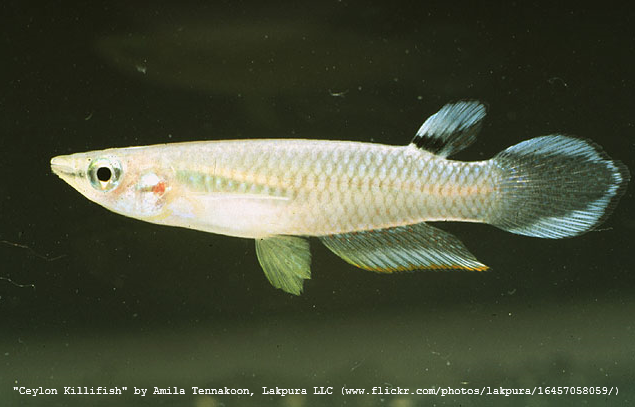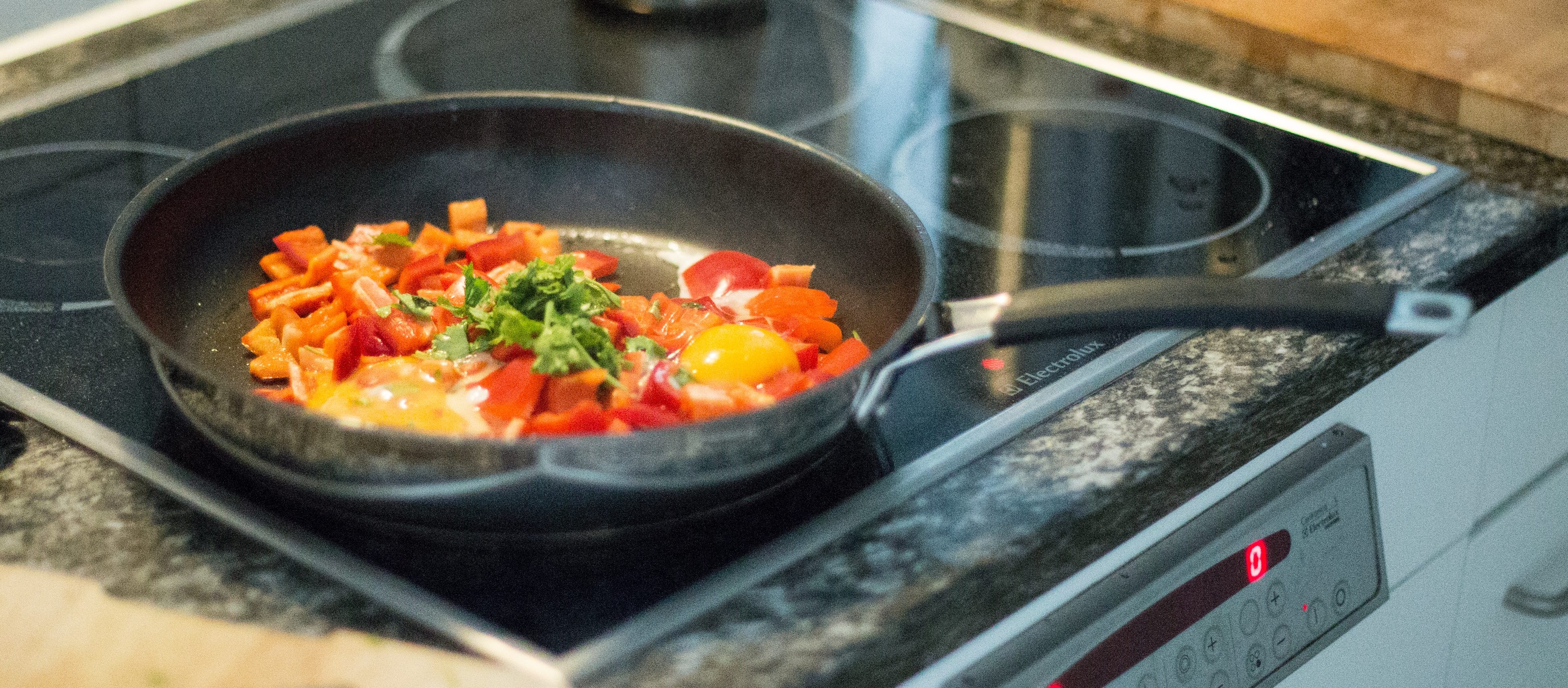It’s indeed well documented that, in general, consuming fewer calories can promote longevity, but a new study published in Nature and discussed in a press release today re-examined the benefits of restricting calories using Killifish.
Written by HealthyResearcher.com
You may have heard talk of the benefits of intermittent fasting through alternative health sources across the internet during the last several years. It’s been all the rage. Essentially, intermittent fasting is when you voluntarily eat less, or nothing at all, for a period of time.
It’s indeed well documented that, in general, consuming fewer calories can promote longevity, but a new study published in Nature and discussed in a press release today re-examined the benefits of restricting calories using Killifish. This freshwater fish is popular with scientists studying interventions in longevity due to its short lifespan.
The study confirmed that food deprivation seemed to result in increased lifespans for the fish. Interestingly, these benefits weren’t realized by the old-age fish. As the authors discuss, previous studies have also shown that restricting calories in the elderly doesn’t confer the same benefits to longevity as it does in the young. Fasting can actually lead to frailty in the elderly, which in hindsight seems a bit intuitive. The simplified explanation for this is that the metabolism of the elderly is essentially in a constant state of fasting, even if they’re actively eating. Yet, it’s the process of fasting and then feeding that confers the health benefits in longevity, not just fasting alone.
In confirmation of this, the scientists genetically modified a group of old Killifish using CRISPR technology to express a certain marker of cellular energy found in the young fish. They found the benefits in longevity from fasting were restored in the old mutant fish, as expected.
If we’re to extract a personal lesson from this, it might be that it pays to start various dietary interventions like intermittent fasting and cutting calories before the end is nigh.








